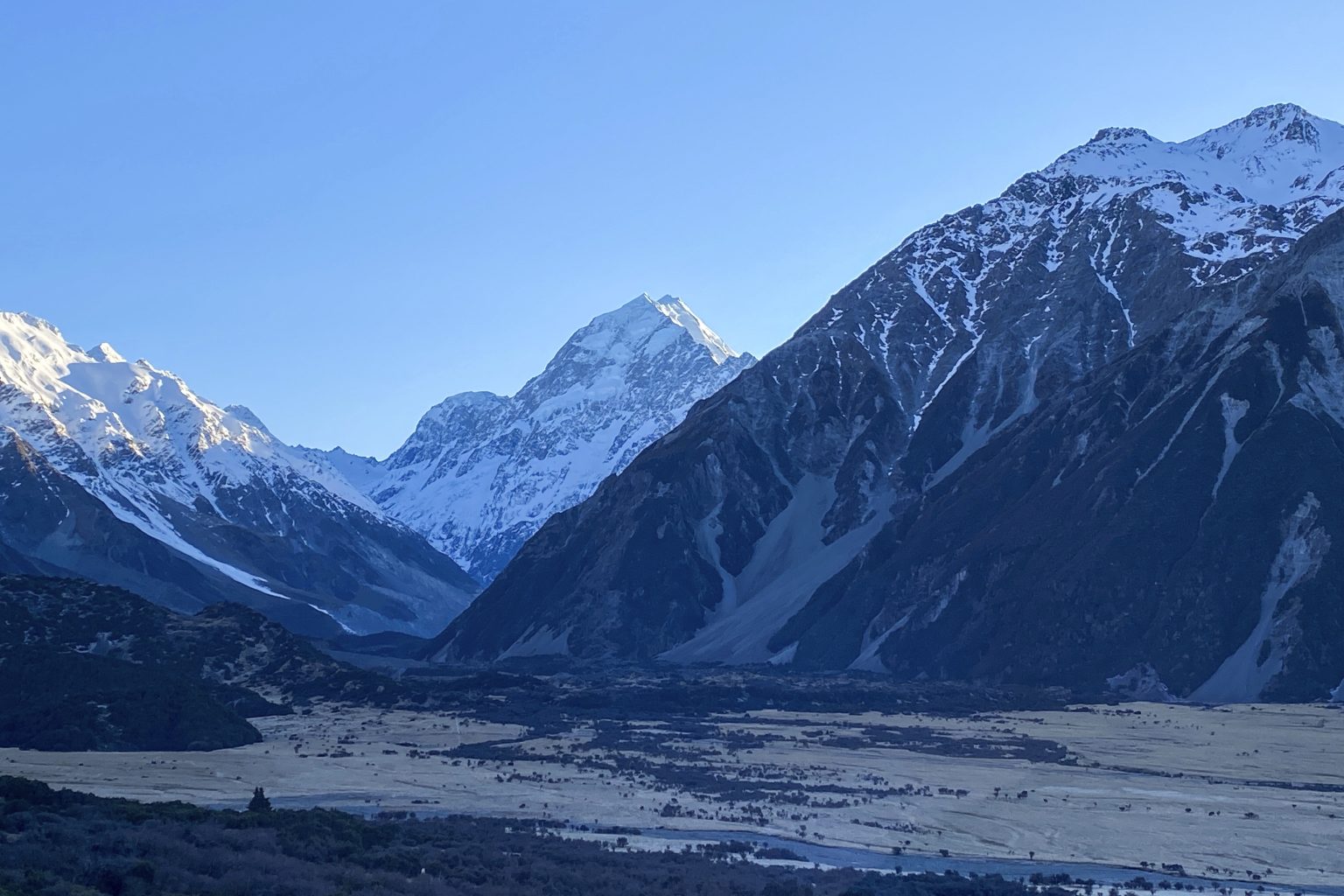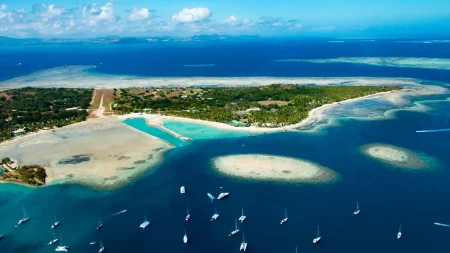The majestic yet perilous Aoraki/Mount Cook, New Zealand’s highest peak, has claimed the lives of three climbers, two American and one Canadian, after a five-day search yielded tragic results. The search operation, hampered by hazardous weather conditions, was officially called off by authorities, who now believe the climbers perished in a fall during their ascent. Despite the extensive search efforts, involving aerial reconnaissance, drone surveys, and ground teams, the bodies of the climbers remain unrecovered. The conclusion of the search marks a somber end to a challenging rescue operation amidst the unforgiving terrain of the Southern Alps.
The three climbers, two of whom were identified as experienced American alpine guides, Kurt Blair, 56, from Colorado, and Carlos Romero, 50, from California, embarked on their climb on a Saturday, aiming to summit Aoraki. They were flown to a hut situated midway up the mountain, a common starting point for climbers. Their scheduled pickup on Monday never materialized, raising immediate concerns for their safety. The third climber, a Canadian national, has not been publicly identified at the request of his family. The climbers’ disappearance triggered a swift response, but harsh weather, including snow and strong winds, severely hindered initial search and rescue attempts.
The discovery of climbing equipment, including an ice axe, energy gels, and clothing scattered across the mountain slopes, provided the first grim clues to the climbers’ fate. These items, along with footprints observed during an aerial survey conducted when the weather finally broke, strengthened the belief that the climbers had suffered a fatal fall. Police Area Commander Inspector Vicki Walker confirmed the authorities’ conclusion, stating, “We believe they have taken a fall. After reviewing the days they’ve been missing, the absence of communication, and the items retrieved, we no longer believe they have survived.” While the active search has been discontinued, the investigation into the tragic incident will continue, with the case now under the purview of a coroner.
Aoraki/Mount Cook, standing at 12,218 feet, presents a formidable challenge even to seasoned climbers. Its reputation as one of the most dangerous climbs globally is underscored by the treacherous conditions that prevail on the mountain. Unstable glaciers, deep crevasses, and unpredictable weather patterns create an inherently risky environment. The mountain’s history is marred by over 240 recorded deaths since the beginning of the 20th century, a stark reminder of the inherent dangers faced by those who attempt to conquer its icy slopes. The recent tragedy serves as a poignant illustration of the risks encountered by both experienced mountaineers and adventure tourists alike.
The loss of these three climbers brings into sharp focus the precarious nature of mountaineering, particularly on a peak as formidable as Aoraki. While the pursuit of conquering challenging peaks draws climbers from around the world, the inherent risks demand respect and careful consideration. The climbers’ experience and certifications highlight the fact that even the most skilled and prepared individuals can succumb to the unpredictable forces of nature. Their tragic fate serves as a solemn reminder of the unforgiving nature of high-altitude mountaineering and the importance of meticulous planning, preparation, and awareness of the inherent dangers.
The incident resonates with the broader climbing community, prompting reflection on the risks involved in such pursuits. The tragedy also underscores the vital role of search and rescue teams who operate in challenging environments, putting their own lives at risk to assist others. While the efforts in this case did not result in a rescue, the dedication and perseverance of the search teams are a testament to their commitment. The tragic outcome serves as a reminder to all who venture into the mountains to exercise caution, respect the power of nature, and be prepared for the unpredictable challenges that may arise.











